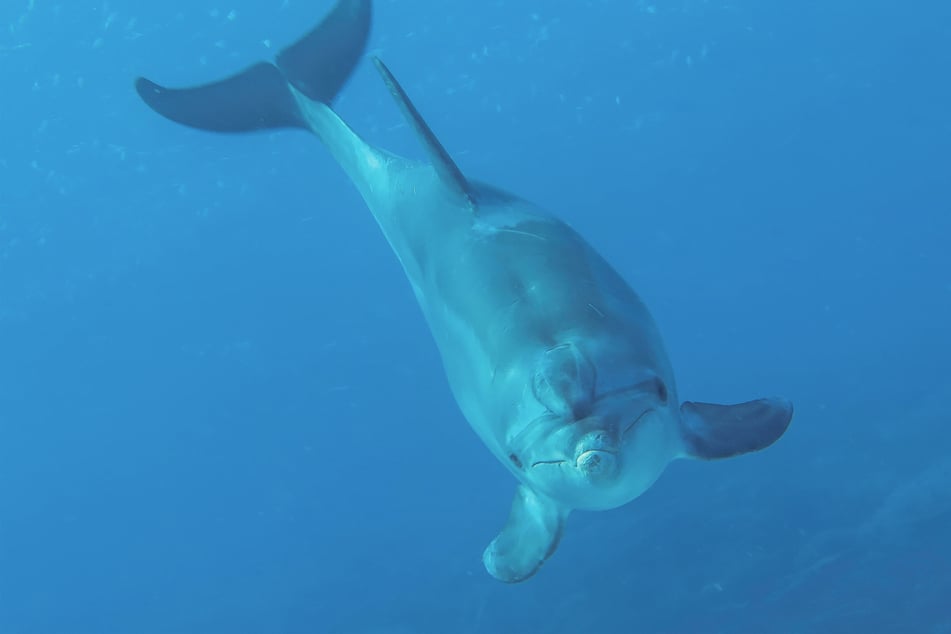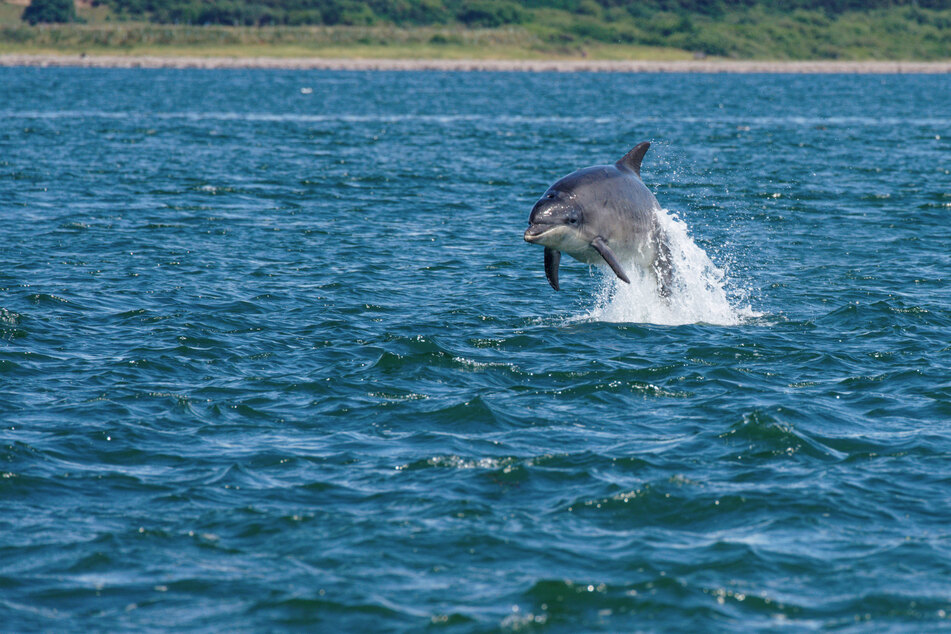Florida dolphin killed by "highly pathogenic" bird flu in alarming development
Florida - Scientists are scrambling to work out how bird flu managed to infect a bottlenose dolphin found to have died from the pathogen off the coast of Florida.

Researchers from the University of Florida on April 18 published a report in the journal of Communications Biology that revealed worrying details about a bottlenose dolphin found to have died from bird flu in Florida.
The animal was found to have died from, specifically, a "highly pathogenic avian influenza A (HPAIV) virus" that seems resistant to currently available drug treatments.
It's the first time that the dangerous avian virus, which only recently made headlines for attacking Antarctica's penguin population and infecting a person in the US, has been detected in a dolphin off the Florida coast.
Scientists from the University of Florida first became aware of the case when they were notified of a dolphin in distress. Sadly, they were unable to help it before the virus had mutated, attacked the brains and lungs, and caused the dolphin's death.
According to the report, the scientists discovered that this highly mutated version of the virus hardly responded to drug treatments commonly used to combat bird flu.
"We still don't know where the dolphin got the virus and more research needs to be done," Richard Webby, director of the WHO Collaborating Center for Studies on the Ecology of Influenza in Animals and Birds, said in a statement, per Newsweek.
Bird flu cases in Florida dolphins raise alarm for marine life

"This investigation was an important step in understanding this virus," Michael Walsh, who worked on the report, said.
He emphasized the need to find out why this is happening, but praised the work as an example of "collaborative excellence."
Seeing as the virus was highly mutated and is not yet fully understood, and other cases of the virus have been found in mammals off the coast of the US and Canada in the past, researchers say further investigations are urgently needed.
The spread of bird flu continues further into dolphin populations, and similar oceanic mammals like whales, poses a great danger for animals that in many cases are already suffering with various ecological challenges posed by human activity.
Cover photo: IMAGO/Schöning
